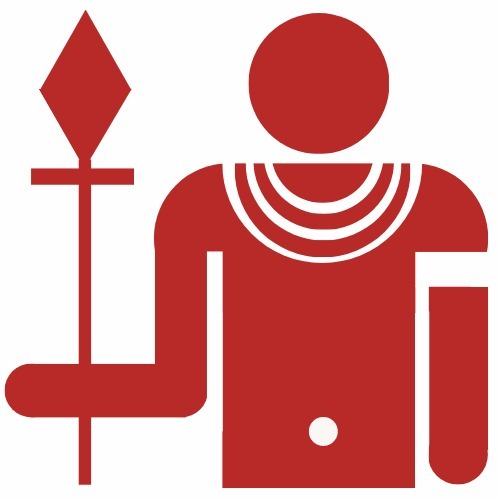Agile coaching is a relatively new term in project management and software development, but it is quickly gaining in popularity. So, what is agile coaching? And what does it entail?
What is Agile Coaching?
Simply put, agile coaching is the act of helping teams and individuals adopt and practice agile methods. It involves working with teams to help them understand and implement the principles of agile and coaching them through the challenges that may arise during their transition to agile.
What Does Agile Coaching Entail?
Many activities fall under the umbrella of agile coaching. These include:
1. Training
Extensive training in the principles of agile, as well as specific skills that are required to use those principles.
2. Consulting
Working with individuals or teams to help them apply what they have learned. It may include helping teams overcome challenges, assisting managers in their efforts to transform their organizations to be more agile, and working one-on-one with team members to help them improve their skills.
3. Coaching
Providing support and guidance to teams as they work through their agile journey. It may include helping them set and achieve their goals, resolving conflicts, and addressing any other issues that may arise.
4. Mentoring
This type of coaching focuses on the personal development of team members. It includes helping team members identify and achieve their goals, teaching them new skills, and providing feedback and support.
These activities can be considered different levels of agile coaching, each building upon the previous. Training is at the foundation, providing teams with an introduction to agile, its principles, and practices. It also helps them understand their role within the project environment related to agile methodologies.
What Are the Benefits of Agile Coaching?
Some of the benefits of agile coaching are:
1. Improved Agility
Teams that are coached often improve their agility because they have a better understanding of agile practices and principles and more tools to help them succeed. This includes increased self-awareness, which helps them identify opportunities for improvement.
2. Improved Results
One of the ways agile coaching helps improve results is by providing teams with specific tools for measuring results. These include things like burndown charts, which measure progress, and retrospectives designed to help teams identify opportunities for improvement.
3. Improved Performance
Teams coached in agile often report better performance than non-coached teams because they know how to overcome challenges and find better work methods.
4. Improved Communication
Agile coaching improves communication among teams because it helps them understand and value each other’s perspectives, communicate more effectively, resolve conflicts when they arise, and maintain open lines of communication. It allows teams to address issues on time and avoid unnecessary rework.
5. Improved Cooperation
Improved communication and cooperation among team members lead to a more cohesive team working together effectively. It can result in increased productivity and improved quality.
6. Improved Morale
When teams are successful, it often results in improved morale. This is especially true when teams can see the progress they are making and feel that their coach is helping them improve.
Final Thoughts
There are some benefits to be gained when it comes to agile coaching. Improved agility, improved results, improved performance, improved communication, improved cooperation, and improved morale. These benefits can help teams achieve their goals and improve their overall effectiveness.

